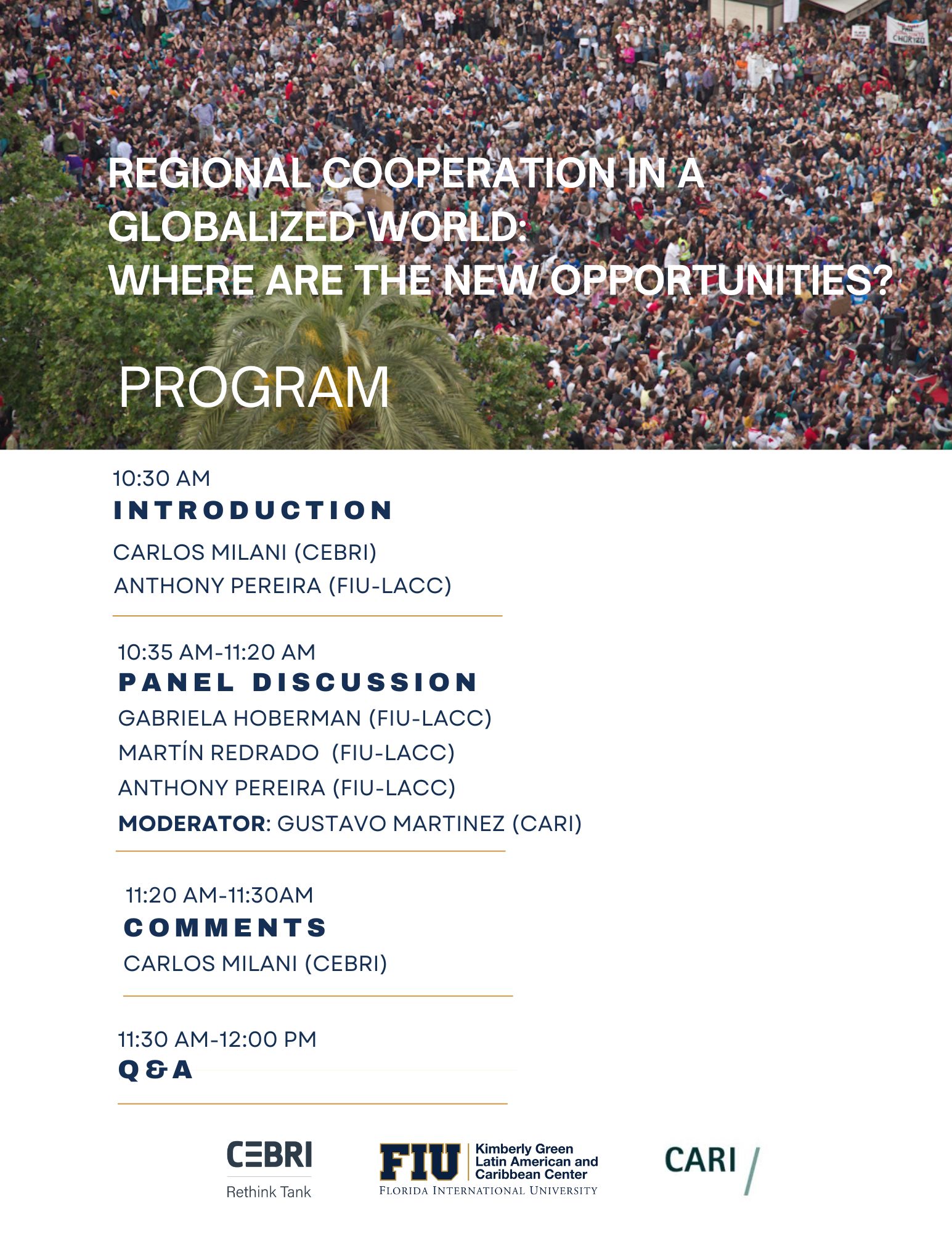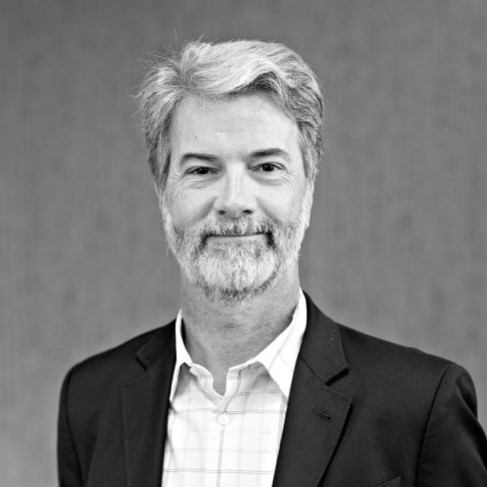In-person events
Regional Cooperation in a Globalized World: what are the new opportunities?
Regional cooperation in the Americas faces significant challenges. The Organization of American States (OAS) has demonstrated a reduction in its effectiveness, while the 2022 Summit of the Americas fell short in terms of objectives and resources. While North America has made strides in economic and infrastructure integration, many other parts of the region still struggle to address collective issues. The Community of Latin American and Caribbean States (CELAC) has witnessed setbacks in implementing its agendas, and influential countries like Brazil and Mexico are more focused on their own internal issues, lacking clear strategies aimed at the regional sphere. Growing political polarization and geopolitical tensions further complicate this scenario.
In this context, the Parallel Event of Think 20 aims to discuss ways to revitalize hemispheric cooperation, linking it to the need for a renewed multilateral system, with an emphasis on interconnected challenges and opportunities such as environmental security, energy transition, and democratic governance.
Regional cooperation in the Americas faces significant challenges. The Organization of American States (OAS) has demonstrated a reduction in its effectiveness, while the 2022 Summit of the Americas fell short in terms of objectives and resources. While North America has made strides in economic and infrastructure integration, many other parts of the region still struggle to address collective issues. The Community of Latin American and Caribbean States (CELAC) has witnessed setbacks in implementing its agendas, and influential countries like Brazil and Mexico are more focused on their own internal issues, lacking clear strategies aimed at the regional sphere. Growing political polarization and geopolitical tensions further complicate this scenario.
In this context, the Parallel Event of Think 20 aims to discuss ways to revitalize hemispheric cooperation, linking it to the need for a renewed multilateral system, with an emphasis on interconnected challenges and opportunities such as environmental security, energy transition, and democratic governance.



.png)
.png)
.png)
.png)